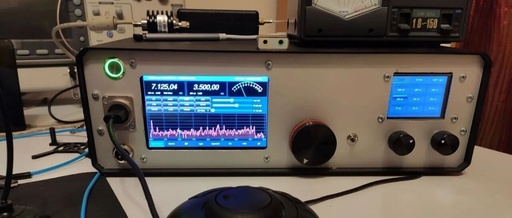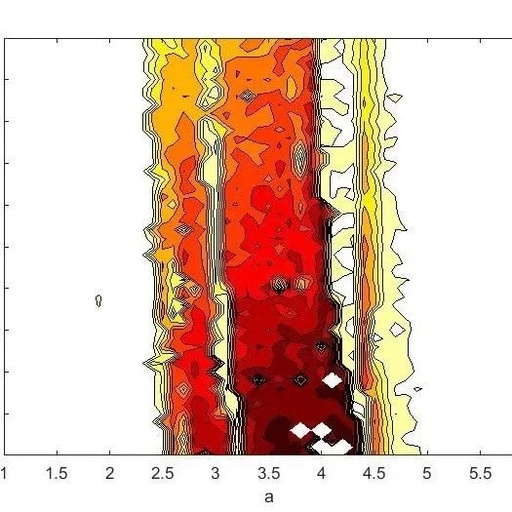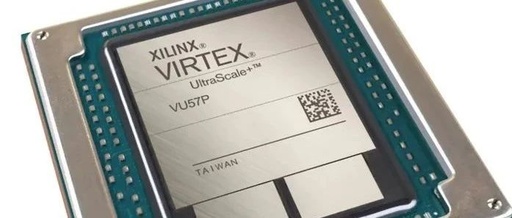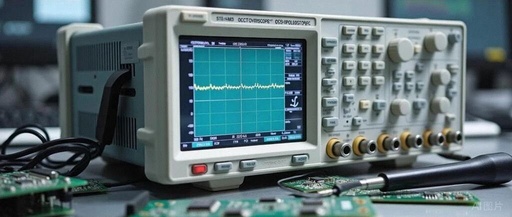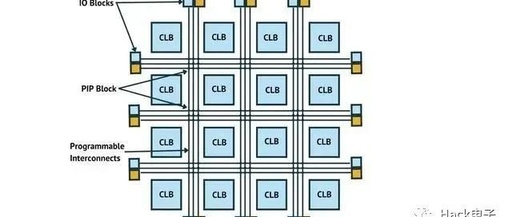How to Cultivate FPGA Engineers in School? What Jobs Can They Find Later?
To cultivate an FPGA(Field Programmable Gate Array) engineer, one generally needs to go through both undergraduate and graduate stages; a shorter time frame makes it difficult to produce qualified talent. After graduating with a bachelor’s degree, if one wants to find a job relying on FPGA skills, they will generally be asked if they have … Read more


